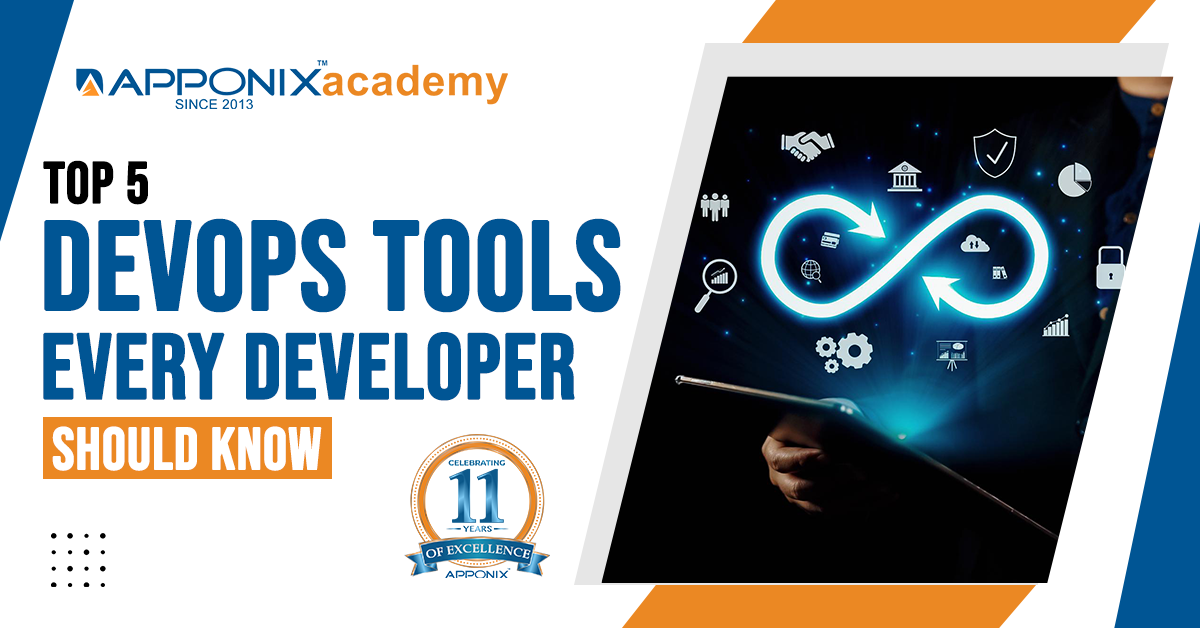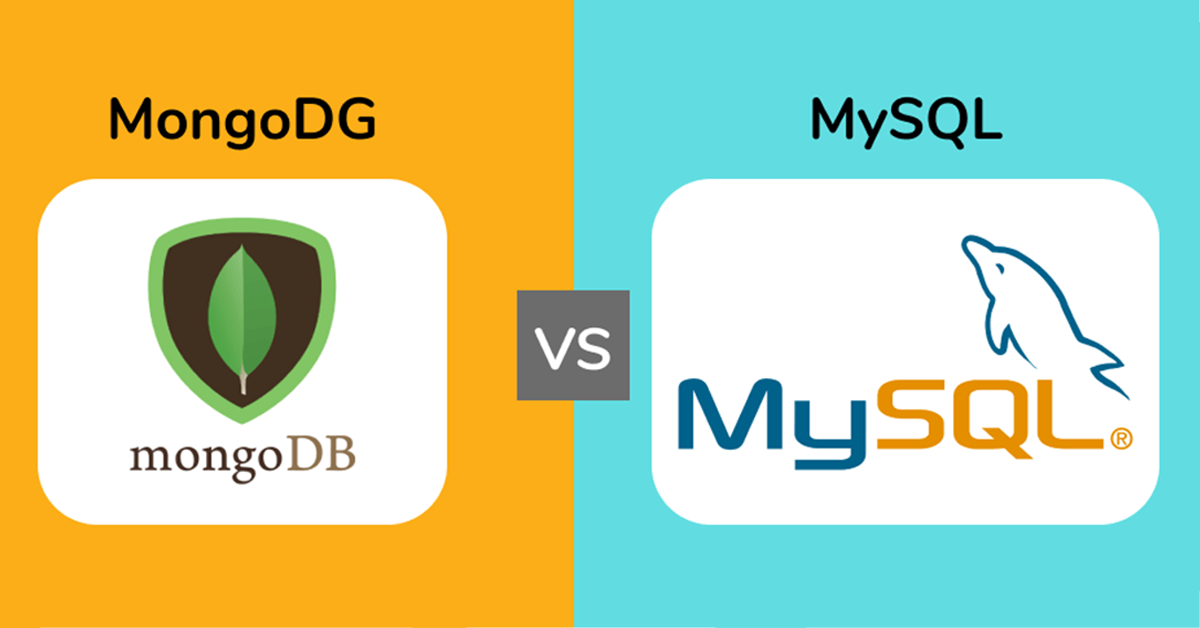Top 5 DevOps Tools Every Developer Should Know
Software development is witnessing the emergence of DevOps as a disruptive methodology that integrates development and operations for collaboration, continuous integration, fast delivery of services, and better application dependability. The most important aspect of a DevOps strategy is the tools employed by the developers, and selecting the most appropriate ones can be a daunting task.
Key 5 DevOps tools every developer should know and how they are integrated into workflows to speed up the development lifecycle.
1. Docker: Making Containerization Easier
One of the tools which has become the norm and also among the most popular containers is Docker which have completely changed how applications are created, transported, and deployed within a DevOps context.
Key Features:
Containerisation: Bundles applications with all dependencies and ensures consistent end scattering regardless of the environment.
Portability: Run containers on any networked computer with Docker installed, including on local machines or cloud servers.
Efficiency: Lightweight containers make it easier to manage resources than traditional virtual machines.
2. Kubernetes
When asked to highlight what they appreciate about Kubernetes, most replies are about the fact that it allows developers to do what they love most: code. Kubernetes manages container orchestration-related tasks like scaling and container health, so developers can concentrate on coding workloads as opposed to other complex processes. Other features that make Kubernetes great include its cloud-native integrations with AWS, Azure and GCP networks making massive projects more feasible.
3. Jenkins: The Wheel Behind Continuous Integration And Delivery Automation
Tools are an essential part of Automating everything in a DevOps setup is one of the fundamental requirements. CI/CD saturation in modern development pushes Jenkins, an open-source automated server to the front lines of the battleground.
Key Features:
Pipeline automation builds, tests, and deploys applications on a repeatable and predictable basis.
Extensibility- Jenkins has a very large plugin library of over 1500 plugins that allows easy integration.
Cross-platform support- Jenkins is not restricted by OS as it works perfectly across Windows, macOS, and Linux.
Popular Features: Jenkins and candidates or potential dev team members are a match made in heaven.
Because Jenkins integrates into a development life cycle or cycle, Problems are identified and fixed within days, and even hours, of them happening. Older versions or updates to Jenkins are ran through other tools before Wang Jenkins eventually incorporated into their daily workflow. Applications are pushed onto developers, but they are responsible for providing updates when necessary.
4. Git: A Modern Way To Collaborate On Software Development Projects
If there was no Git there would be no modern software development. Put simply Git is a distributed centered on the number of code written and with a version control system that allows people to work with large amounts of code written collectively and by many different writers
Why Developers Adore GIT
Git enables all participating developers to be able to work concurrently and systematically manage the code changes or disputes. It permits numerous branching management styles, which allows the use of GitFlow that makes handling a project organized.
5. Ansible: Configuration Management Became Easier
The infrastructure’s configuration’s being modified or established manually entails a lot of time and can be a very frustrating process. This makes it a fast process as Templater and infrastructure can be described as code(IaC) processes.
Key Features;
An agentless infrastructure – There is no need to install scripts on the target systems.
Playbooks with YAML extension codes and simple scripts for configuration.
Cross-Platform Ability – This works on different platforms as well as other tools that support dev ops.
Why Do Developers Want Ansible
Ansible is popular due to its weak learning curve and active usage. It permits activity such as server provisioning and application deployment – which are routine tasks – thus allowing him/her to concentrate on more productive developmental activities.
Why Knowing How to Use These Tools is Important
On the other hand, the tools listed above deal with the respective phases of the DevOps life cycle:
- Containers and orchestration- are handled by Docker and kriternetes.
- CI/CD pipelines are automated by jenkins.
- Versioning and collaboration are managed by git.
- Configuration control and deployment are greatly simplified by ansible.
- Being well versed with these tools can dramatically increase the productivity of a developer
If you're eager to enhance your DevOps skills, consider enrolling in a DevOps Certification Course at Apponix Technologies. Learn from industry experts and gain hands-on experience with these essential tools to accelerate your career.







